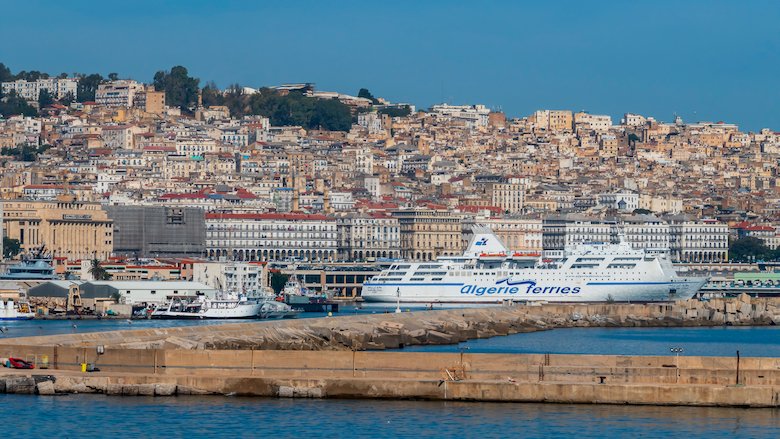Increasing oil and gas demand and prices led to a strong rebound in hydrocarbon production and exports in 2021, sharply reducing fiscal and external financing needs. The recovery in the non-hydrocarbon segments of the economy remains incomplete, however, while inflation is rising. Looking beyond the current hydrocarbon windfall, accelerating the implementation of the Government’s structural reform agenda will be essential to accelerate the recovery, reduce Algeria’s reliance on hydrocarbon exports and sustainably reduce macroeconomic imbalances, diversify the economy, and create private sector jobs.
Recent Developments
Led by the oil and gas sector, the Algerian economy expanded by 3.9% year-on-year during the first nine months of 2021, after contracting by 5.5% in 2020. The recovery in hydrocarbon output was driven by surging European gas demand and easing OPEC production quotas. Low rainfall contributed to a stagnation in agricultural output and services growth was subdued, but industrial and construction activity supported growth. As of September 2021, non-hydrocarbon GDP was still 3% below its pre-pandemic level. On the expenditure side, private consumption and investment returned to their pre-pandemic levels, while inventories are yet to recover.
Outlook
GDP is expected to continue to rebound and return to its 2019 level in 2022, despite low rainfall and therefore weak agricultural production. Aided by a rebound in public and energy investment, investment growth is expected to outpace that in consumption, more muted due to a gradual labor market recovery and the effect of high inflation on real consumer income. Hydrocarbon production will increase as OPEC quotas are eased and demand for Algerian gas benefits from European diversification away from Russian supply, before resuming a gradual decline, offset by modest non-hydrocarbon economic growth.
